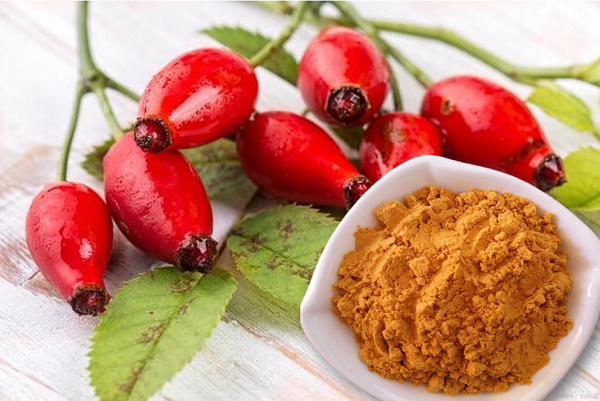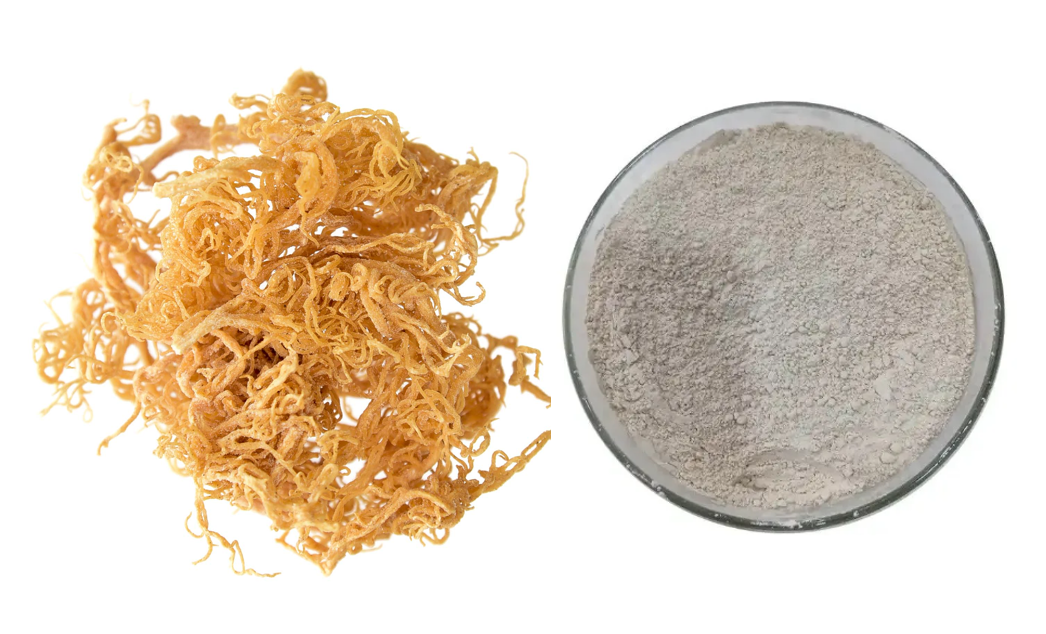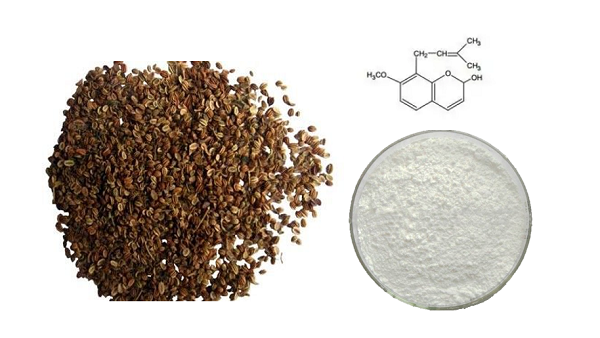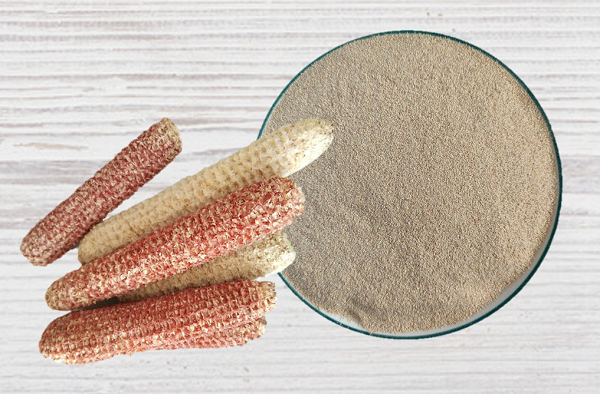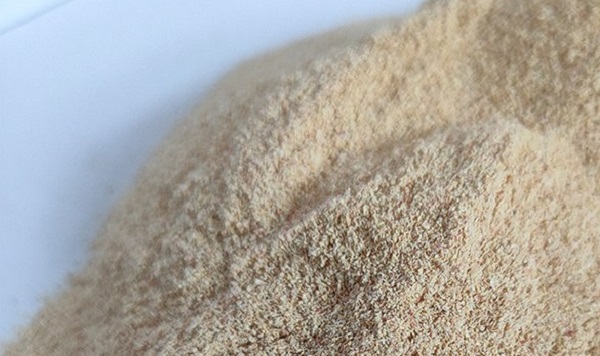Follow Us:
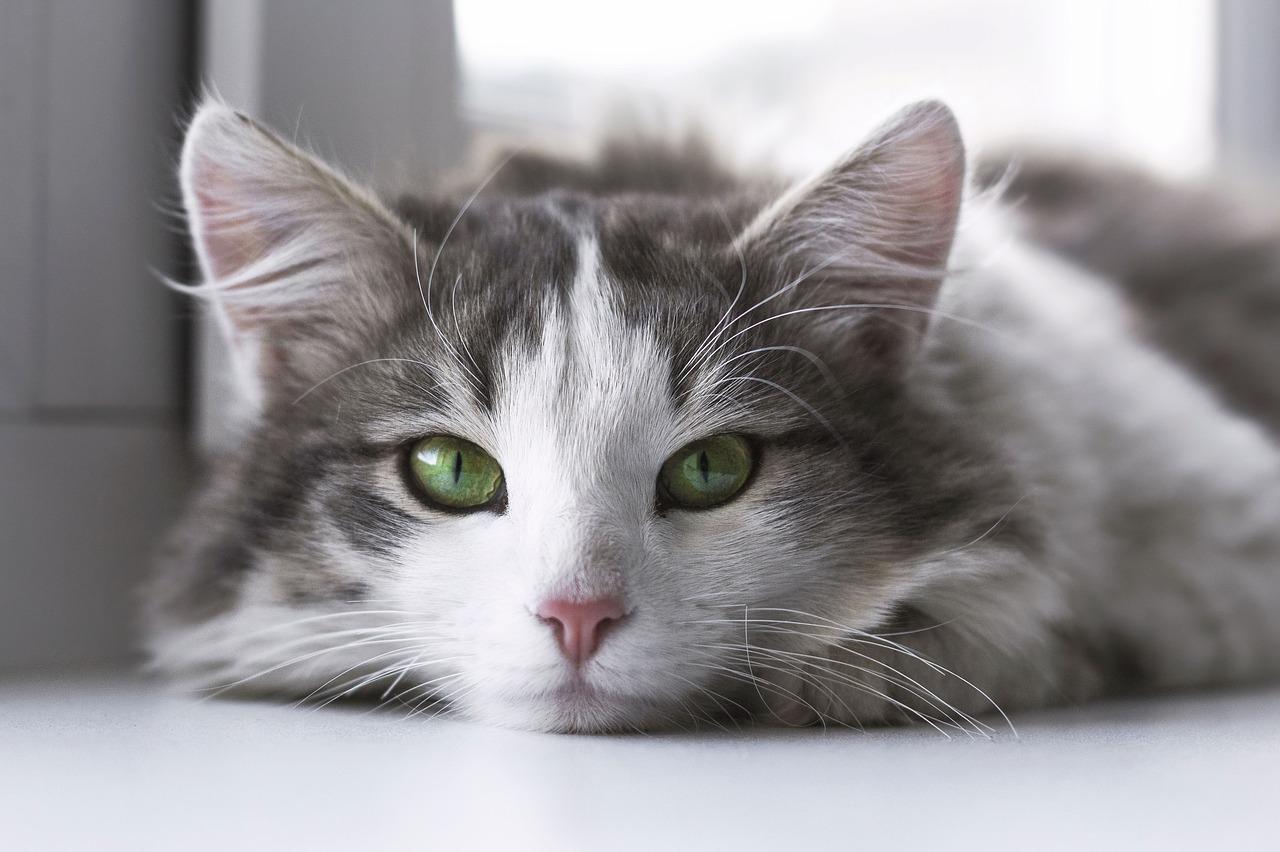
Several Common Natural Antibiotics for Cats
Although traditional antibiotics are sufficient to fight various infections, more and more people are starting to use natural antibiotics for cats as an alternative. Natural antibiotics are not easy to develop drug resistance and are basically harmless to cats. As a pet owner, you may ask: What are natural antibiotics? What are the common natural antibiotics? In this blog, I will introduce the types of natural antibiotics and how to use them safely and effectively for cats.
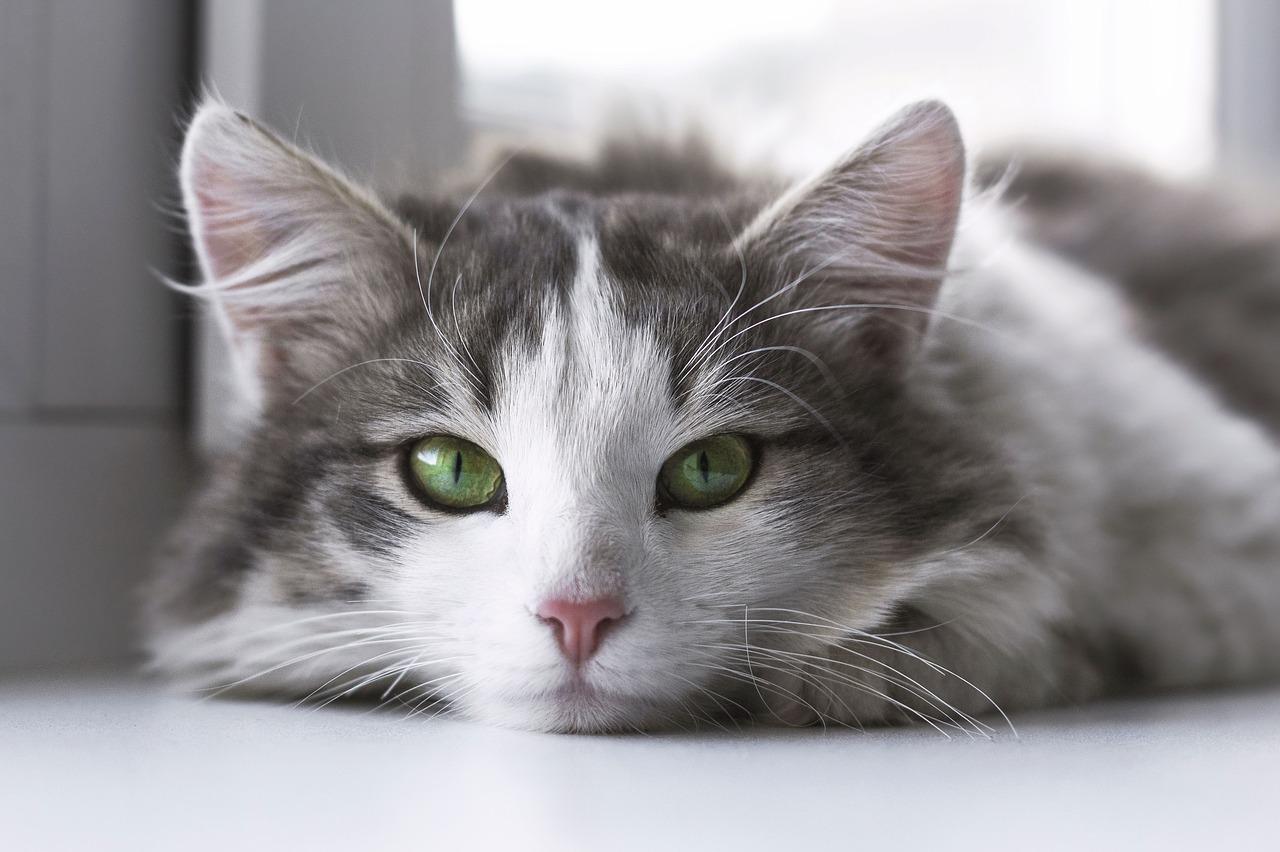
What Are Natural Antibiotics?
Natural antibiotics are substances found in plants, herbs and other natural sources that have antimicrobial properties. These substances can help fight bacteria, viruses, fungi and parasites without the harsh side effects that sometimes come with traditional pharmaceutical antibiotics. Unlike synthetic antibiotics, natural alternatives are often gentler on the body and less likely to develop resistance, making them a new option for supporting your cat’s immune system.
Why Should We Use Natural Antibiotics for Cats?
There are several reasons why natural antibiotics are becoming increasingly popular for treating feline infections:
- Fewer Side Effects: Synthetic antibiotics can sometimes cause adverse reactions, including digestive upset, allergies, and the development of antibiotic-resistant bacteria. Natural antibiotics tend to be gentler on the body, reducing the risk of such side effects.
- Boosting Immunity: Natural antibiotics often come with added benefits, such as boosting the immune system. This can help your cat fight off infections naturally and prevent future illnesses.
- Supporting Gut Health: Antibiotics, in general, can disrupt the delicate balance of bacteria in the gut. Natural antibiotics, when used properly, are often less harsh on the gut flora and can help maintain a healthy microbiome.
- Preventing Overuse of Pharmaceuticals: Using natural antibiotics can help reduce the reliance on pharmaceutical medications, particularly when the infection is mild or not severe. This is especially important when treating chronic conditions or avoiding unnecessary medications for conditions that may resolve on their own.
Common Natural Antibiotics for Cats
There are numerous natural antibiotics available, each with its unique set of properties. Below are some of the most common ones used to treat infections in cats:
1. Manuka Honey
Manuka honey is a powerful natural antibiotic with anti-inflammatory and antibacterial properties. It can be used to treat wounds, skin infections, and digestive issues. A small amount of manuka honey can help heal infections without the risk of resistance that is common with pharmaceutical antibiotics.
How to Use: Apply a small amount of honey to wounds, burns, or skin infections. You can also add a teaspoon of honey to your cat’s food
2. Garlic
Garlic is well-known for its antibiotic and antifungal properties. It contains allicin, a compound that has been shown to fight bacteria, viruses, and parasites. However, garlic should be used cautiously, as it can be toxic to cats in large quantities.
How to Use: Garlic can be added in very small amounts to your cat’s food. Be sure to consult with a veterinarian to ensure you’re using an appropriate dose.
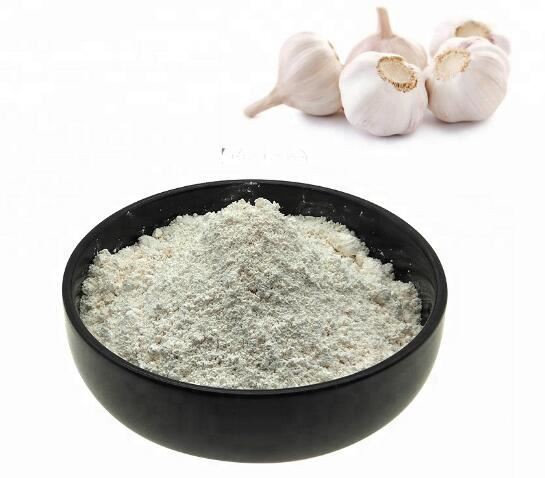
3. Echinacea
Echinacea is an herb commonly used to boost the immune system. It has antimicrobial, antiviral, and anti-inflammatory properties. Echinacea is often used in cats to treat respiratory infections, urinary tract infections (UTIs), and as a general immune system booster.
How to Use: Echinacea can be administered as a liquid tincture or in capsule form. Consult your vet for the correct dosage for your cat.
4. Coconut Oil
Coconut oil contains lauric acid, a compound with natural antiviral, antifungal, and antibacterial properties. It is effective in treating a variety of infections, including skin conditions, yeast infections, and digestive issues.
How to Use: You can apply coconut oil topically to treat skin infections or hot spots. A small amount can also be mixed into your cat’s food to support digestive health.

5. Colloidal Silver
Colloidal silver has been used for centuries as a natural antibiotic. It has powerful antibacterial, antiviral, and antifungal properties and can be used topically or orally to treat infections.
How to Use: Colloidal silver can be sprayed directly onto wounds or applied to the skin. It can also be given orally, but only under the guidance of a veterinarian, as overdosing can lead to silver poisoning.
6. Olive Leaf Extract
Olive leaf extract is another potent natural antibiotic. It contains oleuropein, which has been shown to have antibacterial, antiviral, and antifungal properties. This extract is particularly useful for cats dealing with respiratory or gastrointestinal infections.
How to Use: Olive leaf extract is available in capsule, liquid, or powder form. It can be added to food or water, or applied topically if needed.
7. Apple Cider Vinegar
Apple cider vinegar (ACV) is often used to treat bacterial and fungal infections in cats. It can also be used to maintain a healthy pH balance in the body and improve skin health.
How to Use: ACV can be diluted with water (1:1 ratio) and applied topically to the skin. It can also be added to your cat’s drinking water in small amounts.
8. Goldenseal
Goldenseal is a popular herb known for its powerful antibacterial and anti-inflammatory effects. It can help treat a range of infections, including urinary tract infections and digestive issues in cats.
How to Use: Goldenseal is typically available in tincture or capsule form. Use it with caution and under the advice of your vet, as it may cause side effects if used incorrectly.

Where to Buy Natural Antibiotics for Cats?
GREEN AGRI is a manufacturer of plant extracts with 20 years of experience. We produce over 100 natural ingredients of plant origin for pets, the product range includes pet food ingredients and pet antibiotic ingredients. Just send an email to info@greenagribio.com to get natural antibiotics for cats.
Examples of Using Natural Antibiotics for Cats
Here are a few practical examples of how you might use natural antibiotics for your cat:
- Skin Infection or Wound Care: Apply a small amount of manuka honey to the affected area or use coconut oil to promote healing. Manuka honey can help reduce inflammation and fight bacteria in the wound.
- Respiratory Infection: If your cat has a mild cold or respiratory issue, you might consider using Echinacea or apple cider vinegar to help reduce symptoms and support recovery.
- Digestive Issues: Coconut oil and oregano oil (diluted) can help with digestive issues such as constipation or mild gastrointestinal infections.
- Ear Infections: If your cat is prone to ear infections, you can use a diluted solution of apple cider vinegar and water to clean the ears. Be cautious not to use anything too harsh that could irritate the sensitive ear canal.
Precautions for Using Natural Antibiotics for Cats
While natural antibiotics can be very effective, there are important precautions to consider:
- Consult Your Vet: Always talk to your veterinarian before introducing any new natural remedy into your cat’s diet or healthcare routine. Some natural antibiotics can interact with medications or conditions your cat may have.
- Proper Dosage: Be aware of proper dosages. Natural remedies can be potent, and an overdose of certain herbs or oils can be harmful to your cat.
- Toxicity Risks: Some natural antibiotics, like garlic, can be toxic in large amounts. Ensure you are using only safe, small amounts of these substances.
- Monitor for Reactions: Whenever introducing a new remedy, monitor your cat for signs of adverse reactions, such as digestive upset or skin irritation.
- Don’t Substitute for Veterinary Care: While natural antibiotics can be great for supporting your cat’s health, they should not replace professional veterinary care, especially if your cat has a serious infection.
Conclusion
Natural antibiotics offer an effective, gentler way to treat infections in cats, and can be an important part of a holistic approach to feline health. However, as with any treatment, it is important to use them responsibly and under the guidance of a veterinarian. If you are planning to purchase natural ingredients like echinacea powder, garlic powder, etc. in bulk, please contact us today!
FAQ
1. Which natural antibiotics should be used for different infections in cats?
Manuka honey can heal wounds on a cat’s skin, colloidal silver can help cats with chronic urinary tract infections and gastrointestinal discomfort, and echinacea can relieve upper respiratory tract infections in cats.
2. Are natural antibiotics safe for cats?
Yes, many natural antibiotics are safe for cats when used in moderation and under the guidance of a veterinarian. Always ensure you’re using safe, cat-friendly products.
3. Can I replace conventional antibiotics with natural antibiotics?
Natural antibiotics can be used to support your cat’s health, but they should not replace prescribed medications, especially for serious infections. Always consult your vet for advice.
4. How do I know if my cat is allergic to a natural antibiotic?
Monitor your cat closely after introducing any new remedy. Signs of an allergic reaction include vomiting, diarrhea, skin rash, or excessive scratching.
Reference:
https://thefluffykitty.com/natural-antibiotics-cats
https://mainecoon.org/top-5-antibiotics-for-cats/#the-5-best-natural-antibiotics-for-cats
https://www.vetinfo.com/cat-natural-antibiotics.html
https://www.askariel.com/cat-URI-supplements-s/1899.htm?srsltid=AfmBOorZldTQhs3JM-VFtpJ6WFt6JESNkxitVbT9WD3NSVH3lgBM3Lle
https://www.mainecooncentral.com/natural-antibiotics-for-cats/













